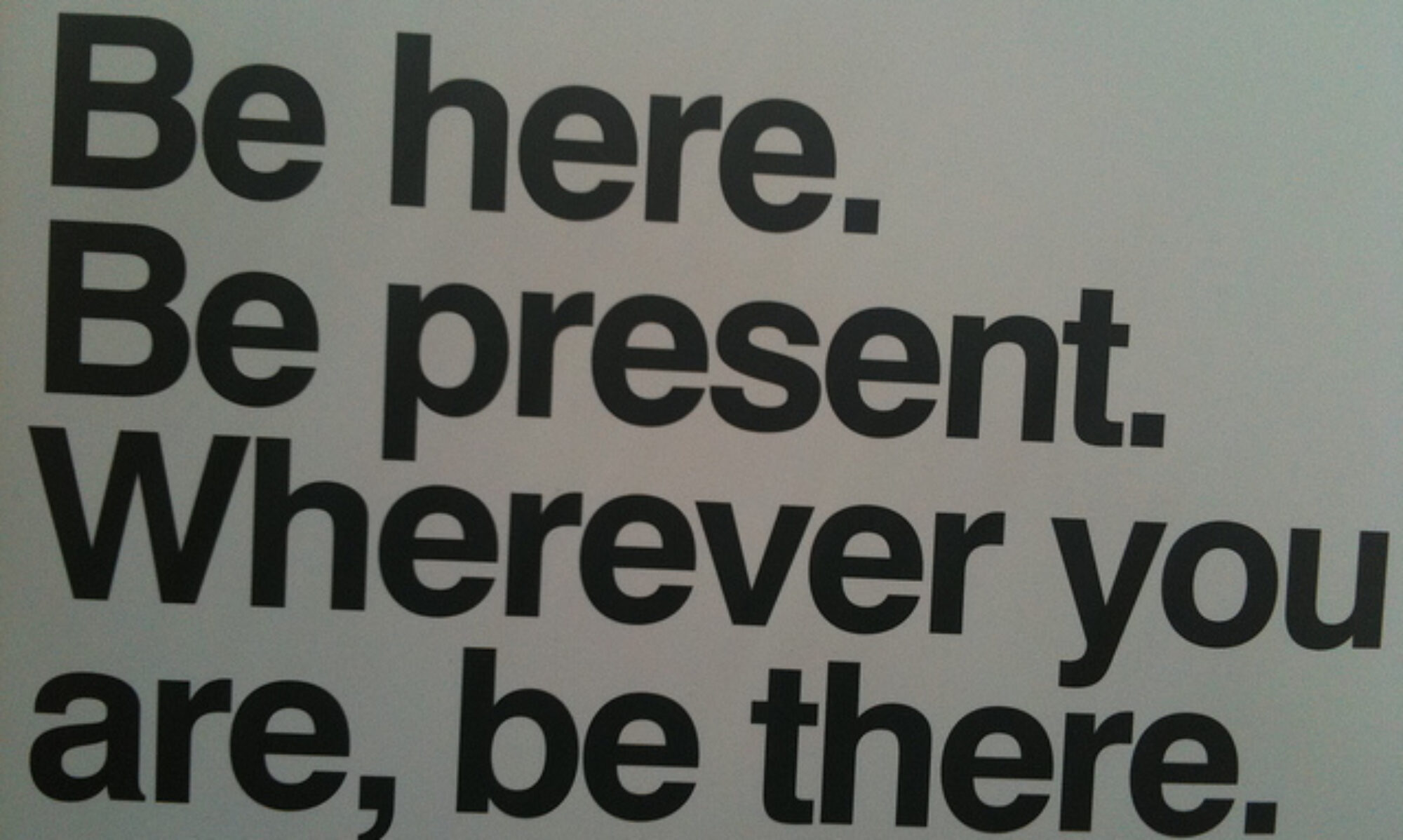Right now, I’m wrapping up my last call with Mia Redrick, and I want to get some reflection in as I listen to her advice to our group. The fact that I, the woman who refuses to wake up before 7 and can’t imagine caring for anything that doesn’t walk on four legs, have been learning from Mia, who markets herself as The Mom Strategist, for the last year resulted from a combination of timing and need. After I got fired last year, I was in need of inspiration and direction. A travel industry client turned friend Tawanna of Mom’s Guide to Travel recommended that I have an initial call with Mia to learn about her services after telling me how much Mia’s guidance had helped her.
The first call was like talking to that friend/mentor/auntie who told you exactly what it was with a firmness and warmth. After discussing what I was trying to do for myself and my potential business, I had to mention the most obvious point: I’m not a mom. Knowing the insane amount of time management, patience and planning that women who are both mothers and entrepreneurs need to be successful, I wasn’t sure I was in need of the same guidance. Mia reassured me that her advice and insight applied to all, and that I would find value in the group setting combined with one-on-one conversations.
Value is just the beginning of what I found with Mia. Her straightforward approach and the fact that she could relate to nearly every heartache the group had been through gave us the space to be honest. From the importance of outsourcing, outreach and collaboration to product planning, the fact that I wasn’t a mom didn’t mean much as I gathered nuggets of wisdom. Above all, Mia preached self-care, which was the word that I needed after a year of stressing as a young professional.
I would recommend that anyone who wants to learn about how to run a business without running themselves into the ground reach out to Mia. I’ll miss being able to email her with my inner thoughts (I may still tweet her though) but I’ve gained some friends and contacts through the group that will continue to inspire me as I figure out what I’m doing while knowing it’s okay that I don’t have all the answers.
Thank you also to the ladies in my group:
Tawanna Browne-Smith – Founder of Mom’s Guide to Travel
Rani Robinson-Kiganda – Founder, CEO of Craft Web Solutions
Christine St. Vil – Author of Whose Shoes Are You Wearing, Founder and CEO of Moms In Charge
Rita Roane Blackwell – President, That Wine Girl
Mia Clapp – Clapp Studios (Photography)
Crystal Morgan Marable – Founder, Graceful Girlz

